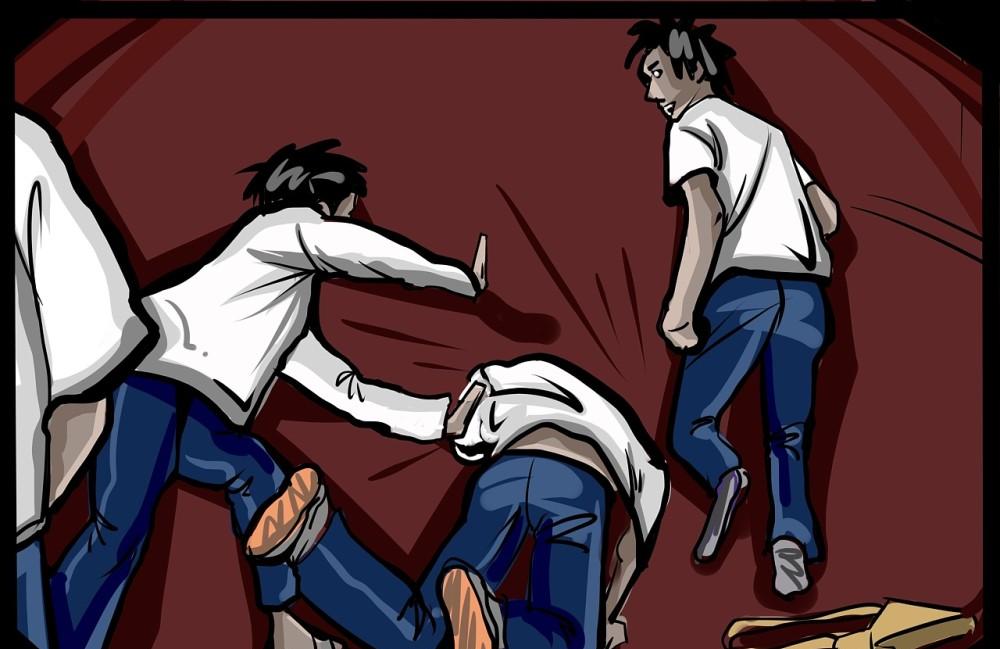Bullying in schools has always been a special concern for parents. Although school bullying is a small probability event. In fact, it is far more common than we think.
In fact, in school bullying, whether it is the perpetrator, the bully, or the bystander, no one side is the winner.
In the face of school bullying, the attitude of many adults (including parents and teachers) is very vague.
In their eyes, many bullying behaviors that seriously harm children's physical and mental health are cloaked in the cloak of "joking" and "joking".
But children who have been bullied, in addition to physical pain, psychological and spiritual pain, are also children's lingering nightmares. More likely to be moody, anxious, and even depressed.
The negative effects of bullying in childhood continue to ferment until youth, middle age and even old age.
This is what we want to teach our children to be brave in the face of bullies: if you see something, take action.
When you see bullying, speak up. Tell your concerns to your teacher, the recess monitor, the bus driver, the administrator, or your child's parents about how to fix the situation.

Actively advocate for inclusion.
Focus on calm, friendly, constructive communication.
It's important to stay calm (and control emotions) when talking to children, parents, teachers, or others. Solving problems requires a cooperative tone and intent. Don't gossip about other children or parents.
Make changes.
Teach your child and their friends simple kindness, empathy, and basic social skills.
It's easy to focus on the flaws of others – both children and parents.
Teach your child to be brave in the face of bullies, to be fair and friendly to others, and to expect the same way.
Here are 4 things you should say to help your child heal and do better.
1. Tell your child about the behavior she sees.
Ask her what she thinks is going on, and what might be factors – personality, time, place, or other stress. Work with your child and her friends to solve problems and help them find out how to cope with the situation.
2) Let your child practice looking at things from someone else's perspective.
Let them consider their children's feelings from the perspective of others. What do you think he would think in this situation? What exactly happened in her life to make such a move?
3) Discussing social skills is not an easy task for everyone, practicing social wisdom to help children connect or become friendlier.
In this case, what can you do to help? If you feel this way, what would you like others to say to you?
4. Share your personal experience.
Talk about when you weren't as understanding as you used to be, why you're trying harder now, and why it's important to you. Talk to your child when he doesn't respect another child with a mean look or comment.
Make inclusion a core value in your family. Don't just speak up, teach your child the skills to be tolerant of others.
When bullying and small group behavior occur, we quickly tell children to be brave enough to face the bullying, intervene, and call on others to stand up on the playground or elsewhere. Kids get the message to be a person of integrity, not a bystander.
But it's up to us to teach them how to do it. We need to take action and remember that we are the first and most powerful teachers of children, the coaches of good behavior.